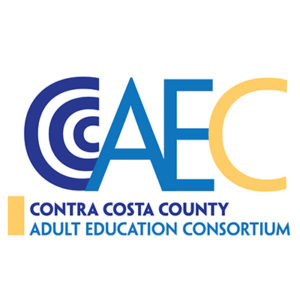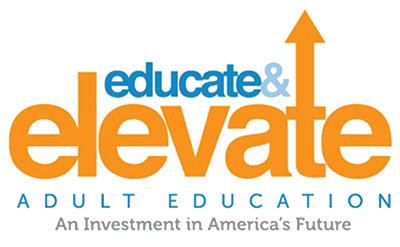California
Adult Education Innovations

Contra Costa County Adult Education Consortium
New career pathway merges English acquisition and early childhood credential
 The Challenge
The Challenge
Within the region served by the Contra Costa County Adult Education Consortium (CCCAEC), approximately 10 percent of adults do not possess a high school diploma or its equivalent and about 7 percent have a limited English-speaking ability. Both of these factors present challenges for those individuals looking to build upon their education and improve their socioeconomic status. Also, consortium members have found that these individuals tend to face considerable barriers to changing their situations, and the consortium wanted to find a way to help remove some of the obstacles to create a smoother path to employability, which, in turn, would have a positive impact on the community as a whole.
The Solution
The solution was Project ACCESS (Advancing Childcare Education and Student Success), a collaborative effort that involved creating a career pathway that allowed students to simultaneously learn English and progress toward an early child education credential while receiving wraparound services to support their success. The participants began the program at Mt. Diablo Adult Education, the adult school, and then bridged to Diablo Valley College, the local community college. The pathway culminated in a minimum of 12 early childhood education college credits and an associate teacher permit.
The Outcome
All CCAEC ESL faculty use LPOs to drive instruction, and this alignment has led to dramatic student outcomes. The purpose of alignment was to promote seamless transitions between member institutions. With aligned courses, a student could move from ESL 1 at Monrovia Unified School District to ESL 2 at Azusa Unified School District to ESL 3 at Claremont Unified School District to ESL 4 at Citrus College, and faculty at each school know that students are proficient at uniform outcomes across levels. This allows members to better track uniform data of student progress (completion of levels), better address the needs of those students who are not progressing and encourage students who complete levels to transition to Citrus College or other regional community colleges.
However, the more tangible and immediate result from consortium alignment to LPOs was a dramatic increase in the percentage of students progressing an educational functioning level as outlined by the National Reporting System (NRS).


